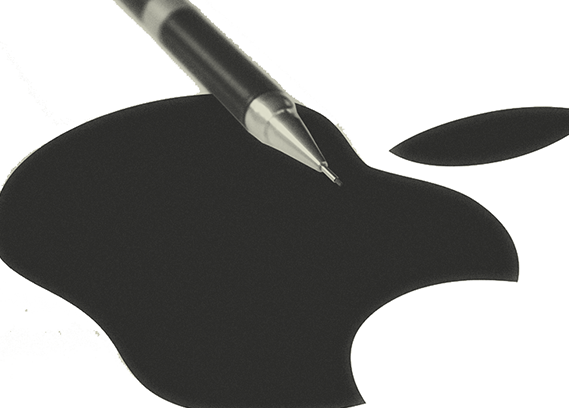WHAT WE MONITOR
MOBILES

Overview
This type of monitoring will provide a selection of mobile applications from the Google Play Store and the iOS App Store that may be accidentally or intentionally associated with your brand. You can also obtain information about your competitors, their app activities, and gain insights into the technologies they are using.
FAQ's
This service is most commonly utilised by business owners in the field of information technology, as well as brand owners whose sales channels are mobile applications.
There are several approaches to analysing the resulting monitoring data. In simple terms, by tracking online platforms for distributing mobile applications, we provide you with the opportunity to take action against entities seeking to monetise your brand for their own benefit. This can occur, for example, when duplicate applications are intentionally created with the same or a similar name as your brand. Additionally, this service offers updated statistics and comparative analyses of both platforms.
If your business model is not centred around online sales and advertising through mobile applications, you may consider this service as an additional resource.
After receiving the reference number, please register on the web portal. Following successful registration, the service will be activated for you. The initial information outputs will be displayed after a few hours.


